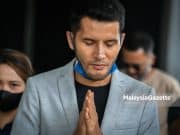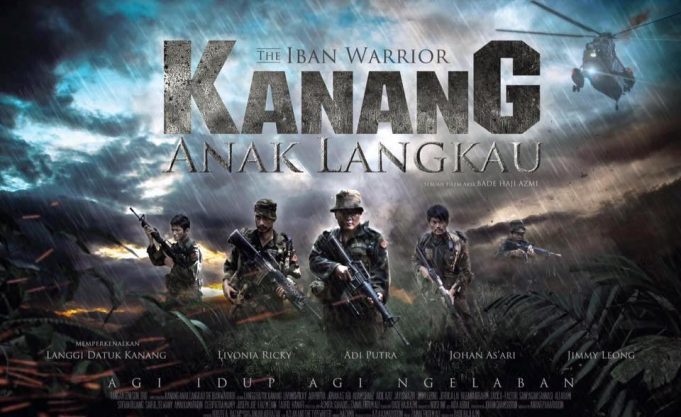By: Ir Dr Nahrizul Adib Kadri
EVERY morning, without fail, there will be a group of policemen manning the traffic flow coming in and going out of Jalan Profesor DiRaja Ungku Aziz (formerly Jalan Universiti) into and out of the Federal Highway. Their daily presence, which helped ease the traffic flow (and the drivers’ anxiety of reaching the office on time, no doubt) spells one word in my mind every time I drove past them after my morning jog in Taman Jaya: commitment. Commitment is often overlooked, yet frankly it is the glue that bonds you to your goals, guiding you through the ups and downs of life. Goals, after all, are personal—they can be anything because they belong to you, you see. If you don’t have one, then pick one and make it yours.
A common misconception is that a goal must be crystal clear from the start. But that’s rarely the case. Many of the world’s most successful individuals did not have a perfectly defined roadmap. Instead, they simply had a direction, a commitment to their dreams, and the perseverance to see it through. Take the Steve Jobs, for instance. In his early years, he couldn’t have foreseen the global impact of Apple. He started with a simple goal: to create a personal computer. This goal was not detailed or expansive, but it was enough to ignite his passion and commitment. Jobs didn’t need a fully formed vision of Apple as we know it today—he just needed a starting point, a goal to pursue with relentless dedication.
Similarly, Bill Gates, one of the richest men in the world, didn’t begin his journey with the goal of revolutionizing personal computing. His early days were marked by a simple, yet profound objective: to get software onto every computer. Gates’ commitment to this goal laid the foundation for what would eventually become Microsoft, a titan in the tech industry. His success wasn’t born out of a perfectly articulated plan but rather from a commitment to a goal that evolved over time.
Closer to home, and being in the Merdeka month, I couldn’t help but to include the inspiring story of Kanang anak Langkau, our war hero. As a young Iban tracker, Kanang couldn’t have known he would become one of the most decorated soldiers in Malaysian history. His goal was simple: to protect his people and his country. This commitment saw him through countless challenges, including a battle where he was severely wounded and famously uttered “Agi Idup Agi Ngelaban” (loosely translated from Iban as ‘As long as I live, I will fight’). Kanang’s story is a clear proof to the power of commitment, even when the ultimate outcome is unknown.
Richard Templar, in his 2010 book ‘The Rules of Life’, offers Rule 6: “Dedicate Your Life to Something.” This rule is a reminder that life is short and fleeting, and the only way to make it meaningful is through purposeful living by dedicating yourself to, well, something. Because having a goal gives your life direction, focus, and a reason to push through any difficulties.
And for the younger generation, I believe this message is particularly important and timely. In a world filled with distractions and endless possibilities, it’s easy to drift aimlessly. Some people may even swear by “going with the flow”. But you see, drifting by nature will not get you anywhere. Only commitment will.
Even if your goal is simple or unclear, the act of committing to something (anything, really) gives your life structure, purpose, and most importantly, direction. Again, in three words: have a goal. It doesn’t need to be grand or perfectly clear. Just pick one, and make it yours. As you commit to it, your path will become clearer, and the rewards will follow. Remember, success is not about having a perfect plan—it’s about having the commitment to see your goals through, no matter how they evolve along the way.
In the end, your commitment is the most powerful tool you have. It will guide you, motivate you, and keep you focused on what truly matters by bonding it to your goals. So, go find your goal, no matter how small or uncertain it may seem, and commit to it with all your heart. The world is waiting to see what you’ll become.
The author is an associate professor of biomedical engineering, and former Director of Corporate Communications Centre, Universiti Malaya

















